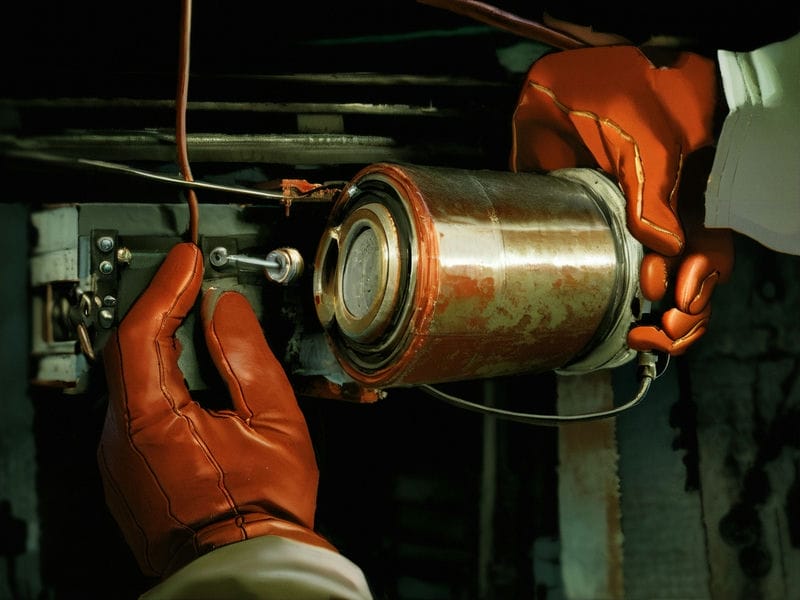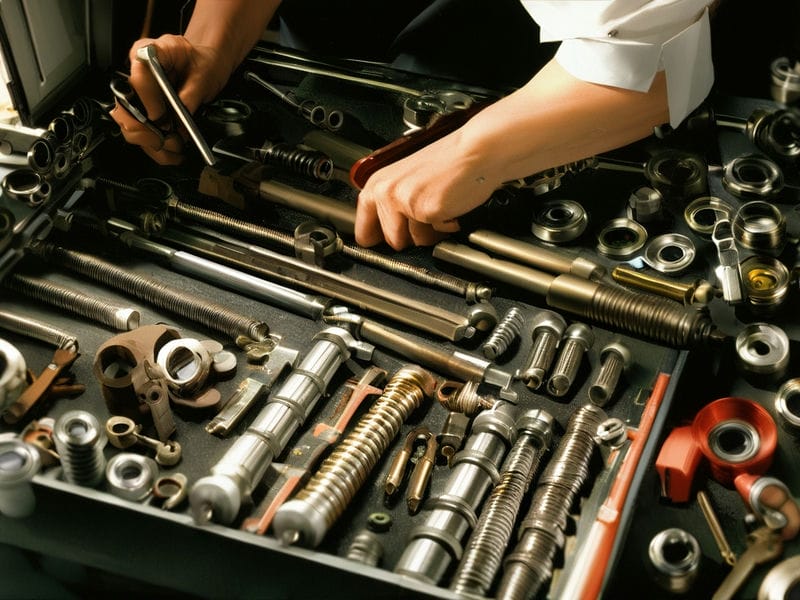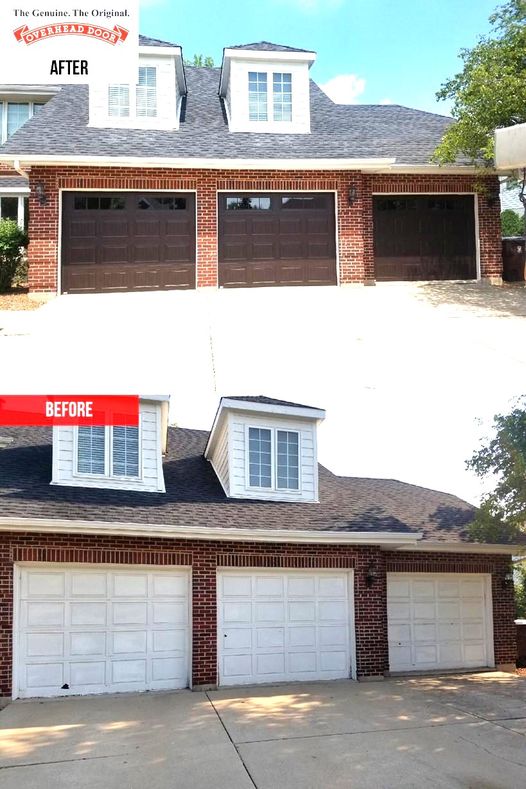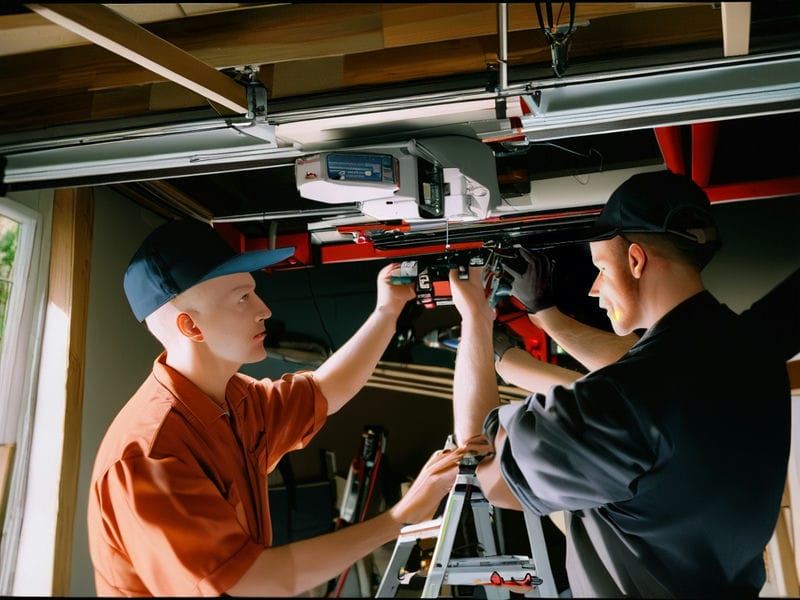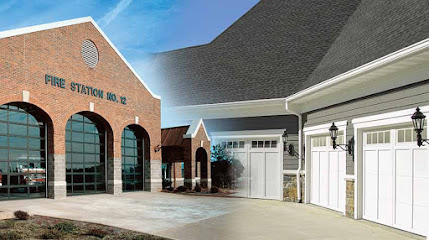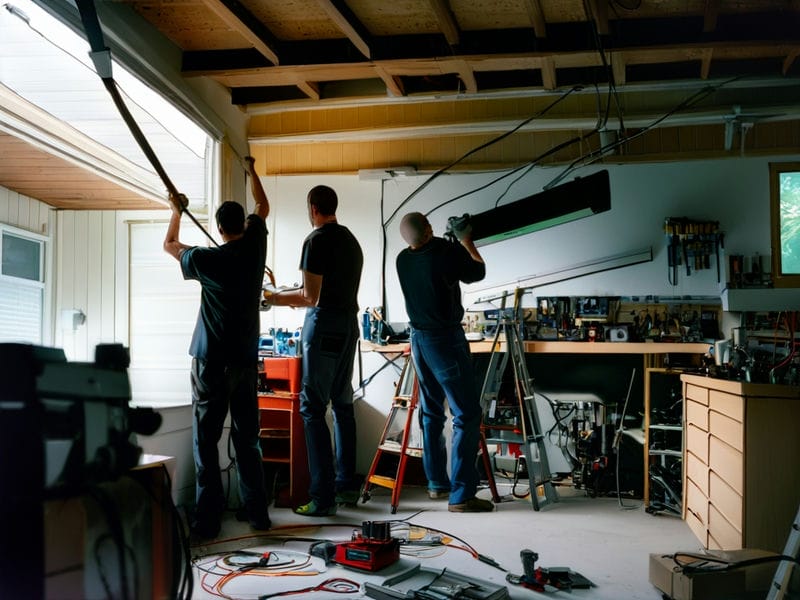
Energy-Saving HVAC Upgrades for Garages
Explanation of how poor insulation can lead to energy loss and increased utility bills
Energy efficiency in heating and cooling systems is crucial when it comes to saving money and reducing environmental impact. When it comes to garages, implementing energy-saving HVAC upgrades can make a significant difference in both comfort levels and cost savings.
Our technicians can fix noisy garage doors Controlling Temperature and Humidity in Garages electrical connector. Our services include garage door spring conversions garage door spring repair information.
Heating and cooling systems account for a large portion of energy consumption in homes and businesses, so making sure they are running efficiently is key. By upgrading to energy-efficient equipment, such as high-efficiency furnaces or air conditioners, you can reduce your energy bills while also decreasing your carbon footprint.
In garages specifically, where temperatures can fluctuate drastically depending on the season, having an efficient HVAC system is even more important. Whether you use your garage as a workshop, storage space, or simply to park your car, having a comfortable temperature year-round can make a big difference in how you use the space.
Not only will energy-saving upgrades help you save money on your utility bills, but they will also contribute to a more sustainable environment by reducing greenhouse gas emissions. By investing in energy-efficient heating and cooling systems for your garage, you can enjoy better comfort and lower costs while doing your part to protect the planet.
Overall, the importance of energy efficiency in heating and cooling systems cannot be overstated when it comes to making smart decisions for both your wallet and the environment. Consider upgrading to energy-saving HVAC systems for your garage today to start enjoying all the benefits that come with it.
